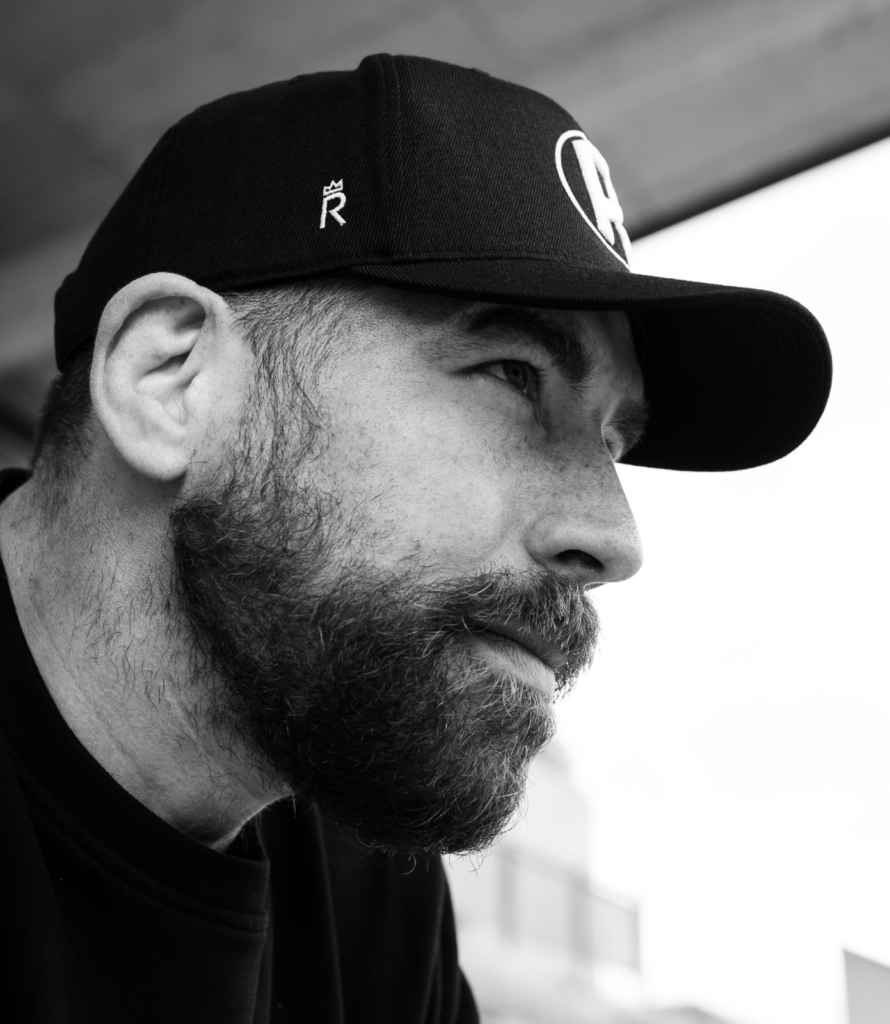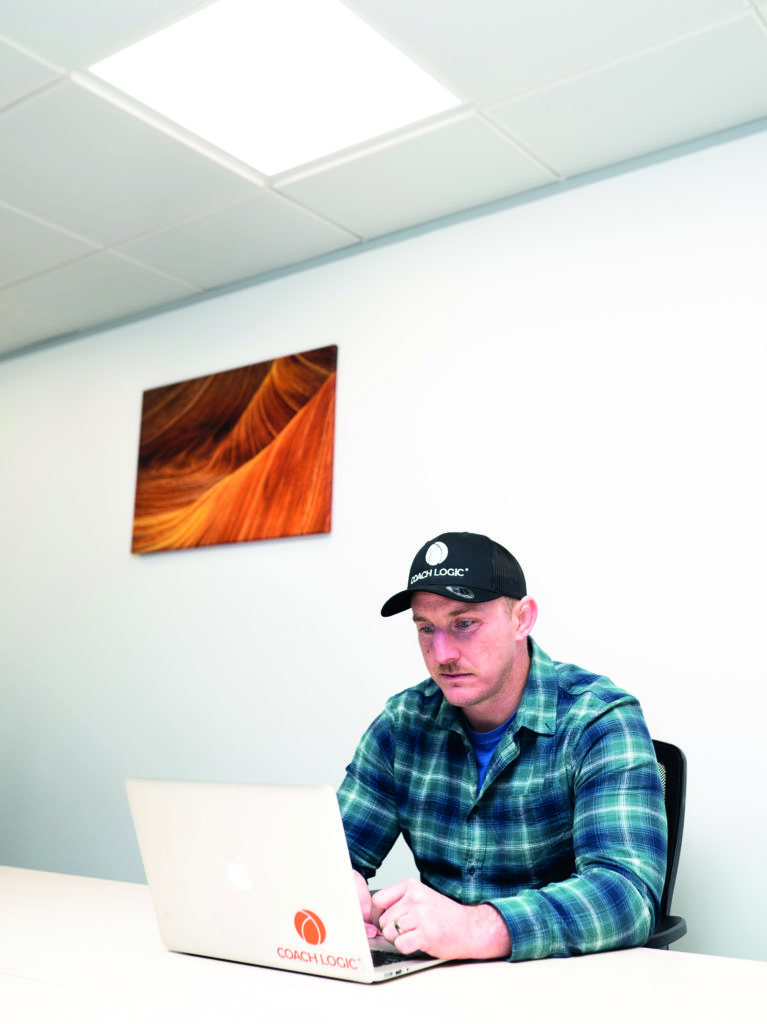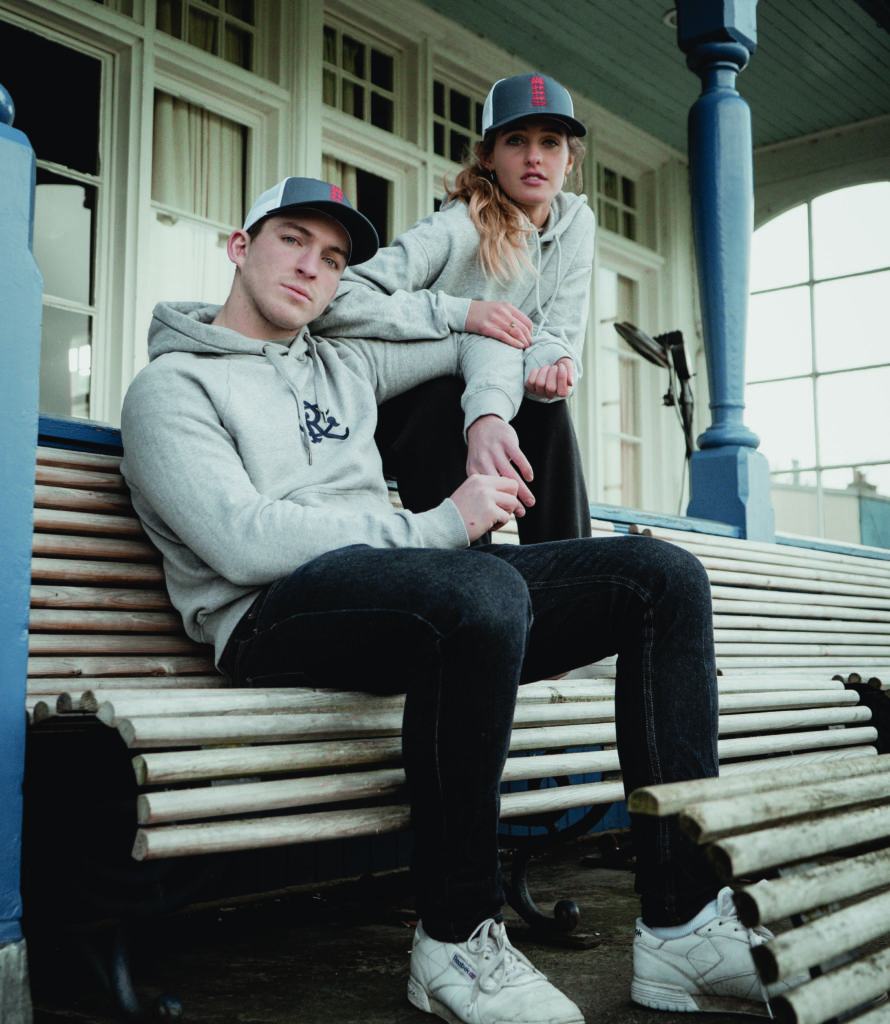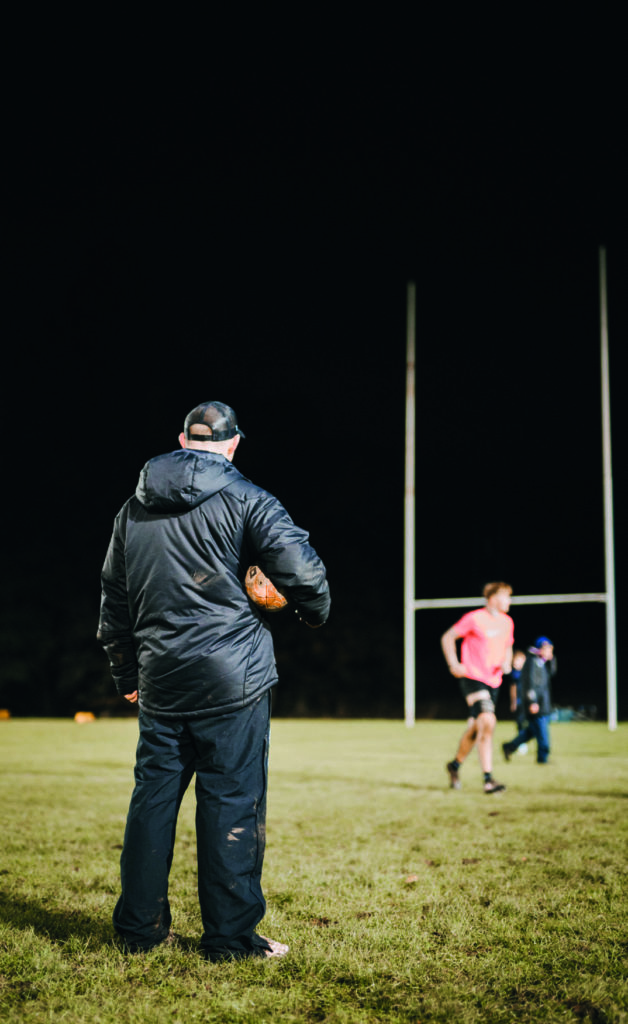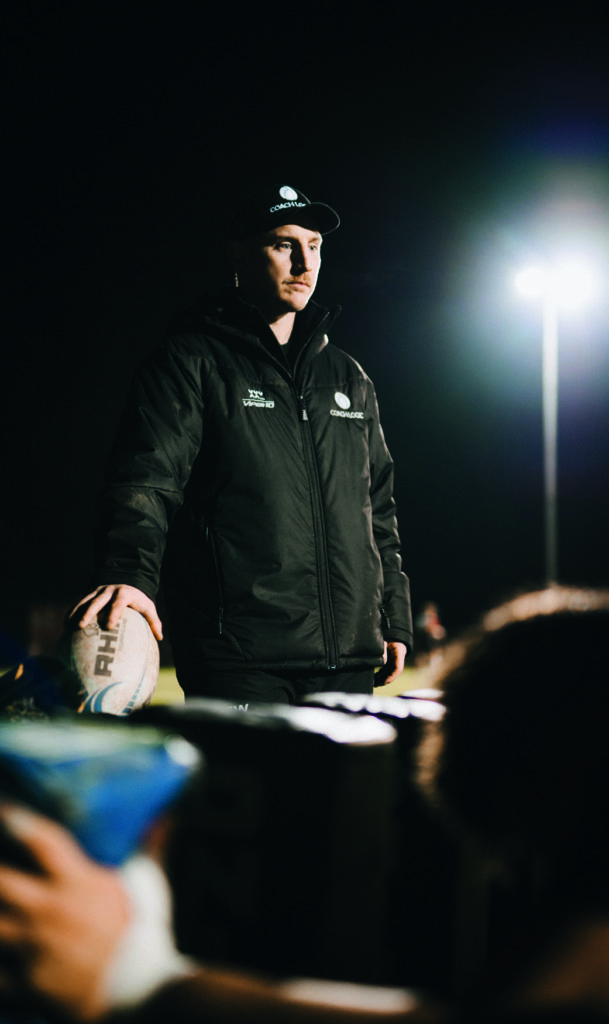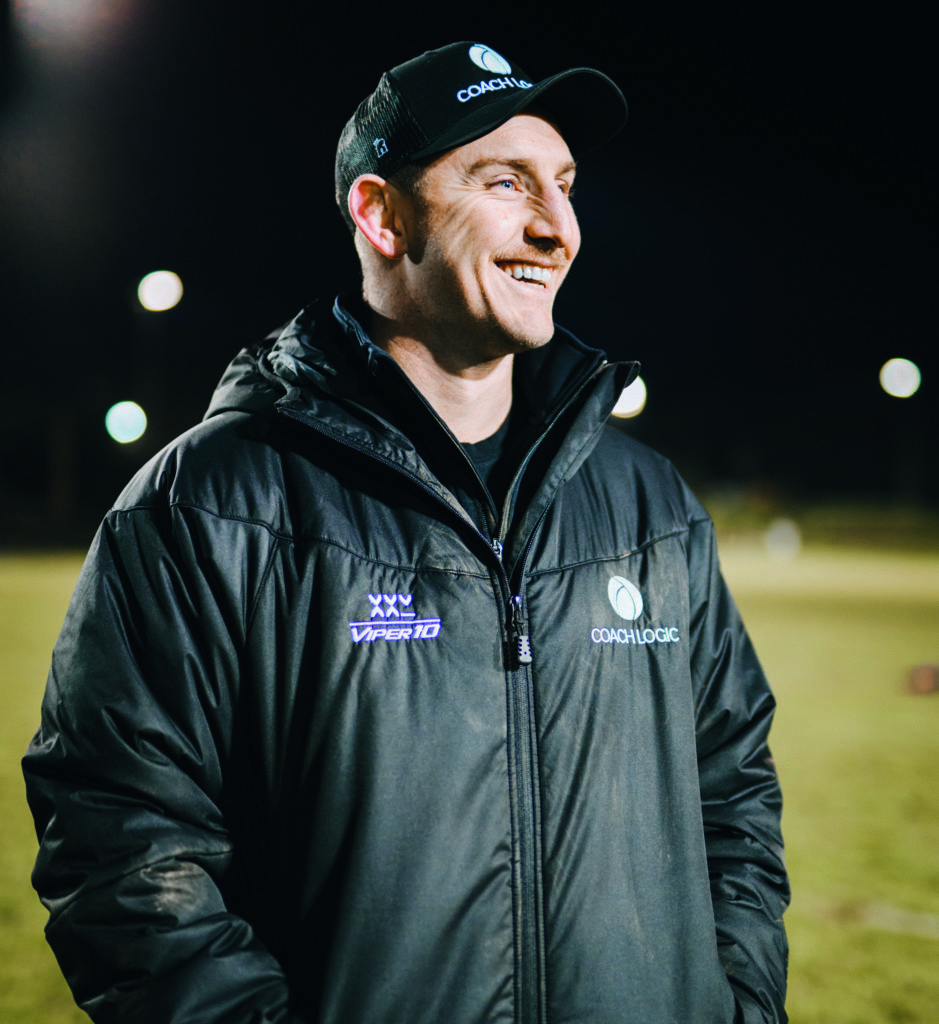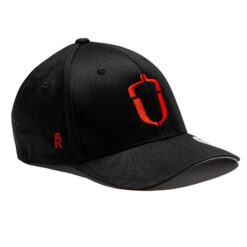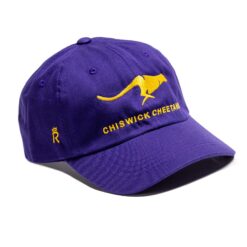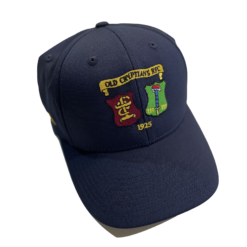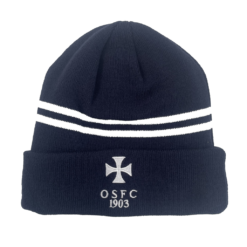MAULS TO MEDIA
interview by Naomi Prakash
JIM HAMILTON
photography by Oscar J Ryan
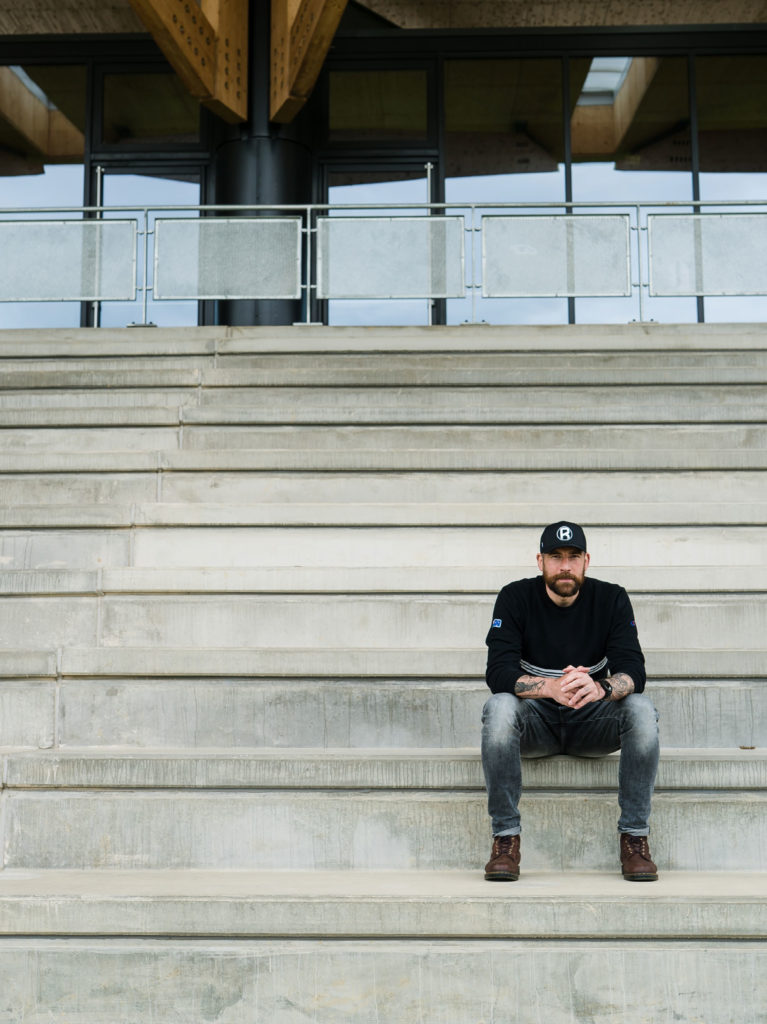
Jim Hamilton is a retired rugby player with 63 international games for Scotland under his belt. He spent time at Leicester Tigers, Edinburgh Rugby, Gloucester Rugby, Montpellier Herault and Saracens. He now works in rugby media, and is the host of the massively popular The Rugby Pod.
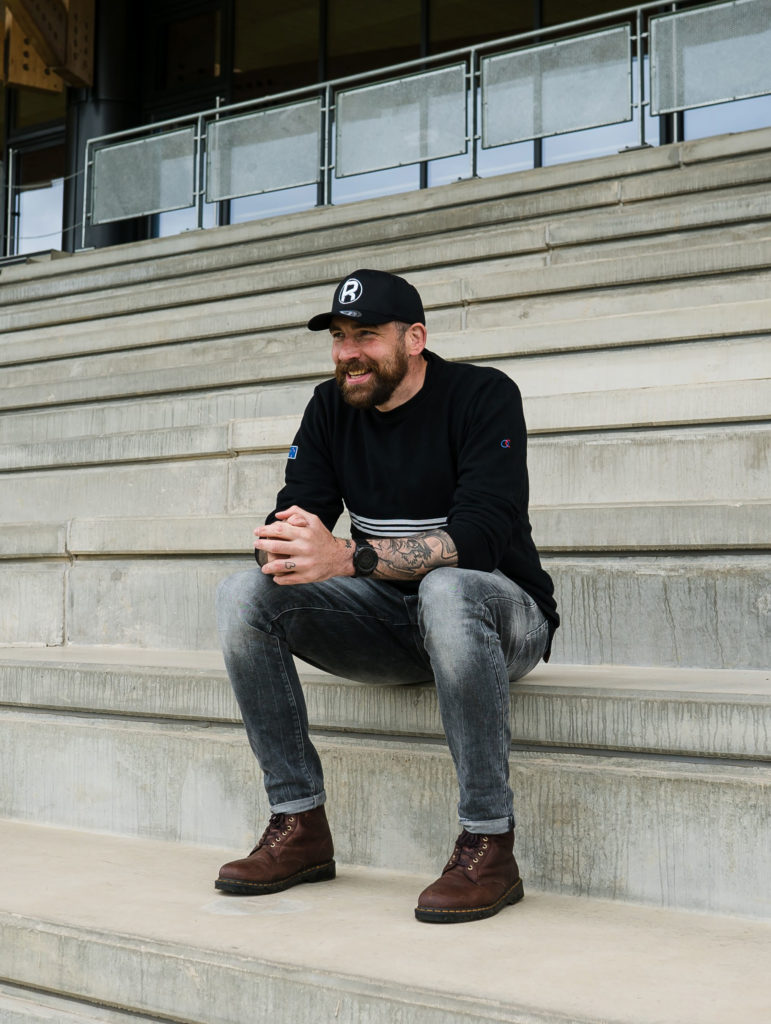
Let’s start at the beginning. How did you get into rugby?
Growing up, my path was always the military. My Dad was in the special forces for 30 years, and all my mates at school were going down that same trajectory. But then I failed my medical because my height-weight ratio didn’t marry up – I was fit as a fiddle but my BMI said I was obese! I was devastated when that happened at the age of sixteen. I joined a local club called Barkers’ Butts, which is quite a famous club in Coventry.
The club’s seen Neil Back, Leon Lloyd who played for Leicester on the wing, Tom Wood who went on to make fifty-odd caps for England, and Rob Hardwick. I was playing there quite a bit and also got a job behind the bar. I wasn’t great at the game but my size gave me the potential to make something of it. I played for Warwickshire under-18s against Leicestershire, and a bit of a fight kicked off on the field. Later, I got graded 4/10 for the game and didn’t think much else of it. The next Tuesday, Dean Richards rings the club and started asking about me. I ended up being fast- tracked into Leicester while I was also working a building site job as an apprentice. Leicester then sent me on a sabbatical to South Africa, and that’s where my life changed really. I started training properly and doing weights, and I started to see an opportunity emerge in rugby. Leicester Tigers gave me a life, not just as a rugby player but as a man, and as a human being. It helped me see a light at the end of the tunnel that I hadn’t seen since the army rejection.
Was there anyone in your life who specifically inspired you to get into rugby?
I lived in Coventry and went to a pretty rough school, and I was a bit of a rogue. I remember a teacher, Clark McCallum, telling me “it doesn’t matter how good, big or small you are, there’s a place for everyone in the rugby team here”. Once I got into school rugby, it was a different group of friends I had. For the first time, I felt included and part of a team.
How was playing in academies for you?
Academies were pretty different then. I entered one at 17 and there were loads of lads in there; we played matches pretty much every week and had tonnes of development opportunities. If you weren’t at university or school, you had to have a job. My first academy contract was only for three-and-a-half grand a year, and they paid expenses for my job. Then I was sent to South Africa, which was the game-changer for me. I came back trained and two stone heavier. That’s when I decided I wanted to try and be a professional rugby player and leave labouring behind.
You played with Leicester Tigers at the height of their dominance. How was that experience?
It was unbelievable. Looking back, they were the best years of my life. I was around so many normal, hard- working men who were also just incredible rugby players. I fit in there because it was all about physicality, fighting, and domination. It was all about earning your stripes there and they focused on that winning culture. I’d never had that before in my life so I loved being in a team like that. After South Africa, I got picked for some age-grade games for England and it was all because of Leicester.
You left Leicester in 2008 to move up to Edinburgh. How was that transition?
It was a big decision. It all started after a game against Newcastle when their Scottish coach was asking whether I was Scottish – the name is a bit of a giveaway! Things flowed from there. I realised that I had a reputation of being a bit of a lad in Leicester, and I was missing some credibility. Around the age of 22, I needed to get to that next level and I felt I needed to move onto the international opportunities that would come with Scotland. I’m very glad I made that decision.
What was behind your move away from Scotland?
Edinburgh and Scotland are amazing, I lived there as a kid so it has special roots for me. I moved up with my then-girlfriend and now-wife and we made amazing memories here, but there were some issues in the club. I felt I’d done all I could do with Edinburgh: we played really well and finished second in the league, and I had an opportunity to move back to the Premiership which I was well suited for. I considered Paris, but I went for the Gloucester opportunity in the end.
How was your time with Gloucester?
I left Edinburgh after a career-threatening injury, but luckily I had really revolutionary treatment over in Europe. That was a big factor in not being able to stay longer or play as many games as I’d have liked with Edinburgh. After I sorted myself out, I went to Gloucester. It was quite similar to Leicester: a traditional club with a real fanbase in the city; the heartbeat of Gloucester is their rugby team and I loved it. There was a great bunch of lads, old school vibe. I was Captain there, and then France came knocking again.
What are your highlights from your time with the club?
Well if you YouTube “Jim Hamilton Gloucester” you’ll see a fight that went viral and got over 2 million views. I don’t know whether that’s a highlight or not! We won the LV Cup, the big one, in my first season. I made some lifelong friends, and being Captain was amazing.
You then moved to play with Montpellier. How did you adjust to the culture of France?
Moving to France was a big move. There aren’t many success stories from lads going there. I went in the prime of my career, which wasn’t the plan but a lot of things just lined up. The idea of raising a family by the beach was a bit of a dream too. I started immersing myself in the culture but it was very different. Fabian Galthié was the Head Coach and it was a bit of a nightmare. Things could just be chaotic. It isn’t a reflection on France or the club, but I just didn’t think I fit in there. I missed playing for Scotland too, and I was on the cusp of making the Lions tour. Missing out on that kept me hungry to get back over to the UK, and then Saracens popped up.
You moved to Saracens in 2014. What are your biggest takeaways from your time with the club?
We won two European titles, and it was amazing to have those two bookends for my career that were my most successful points, with Leicester and Saracens. I cannot speak highly enough about Saracens, not just about their work on the pitch but also how they operate when they’re off it as well. The stars aligned while I was there, I probably shouldn’t have been able to play as many times as I did but I was on for seventy-odd games with them.
How was the social side of Saracens?
It was wicked. We went on compulsory trips to Bordeaux, Miami, skiing, everywhere. It tightened the group together and as a young man that’s just so enjoyable. Saracens are all about building the person, and they really mean that. They looked after me and my family by investing time in me, and supporting my endeavors off the pitch too.
You debuted against Romania for Scotland in 2006. Was that one of your career highlights?
I grew into my Scotland role. I was fast-tracked in so I didn’t feel the same warmth that I could’ve if I came through the system. I was the thousandth man to play for Scotland though, which was big. We had titanic issues and it wasn’t always easy but I made amazing memories. We beat Argentina back-to-back, nearly won the World Cup in 2007, and in 2010 we beat Ireland at Croke Park. Playing Australia on my 50th cap was a special moment, and it was arguably the best game I played. Playing for Scotland was my life. I do have regrets: I was very aggressive and caught up in the emotion of the game, but at the end of my career I decided to simply enjoy it all.
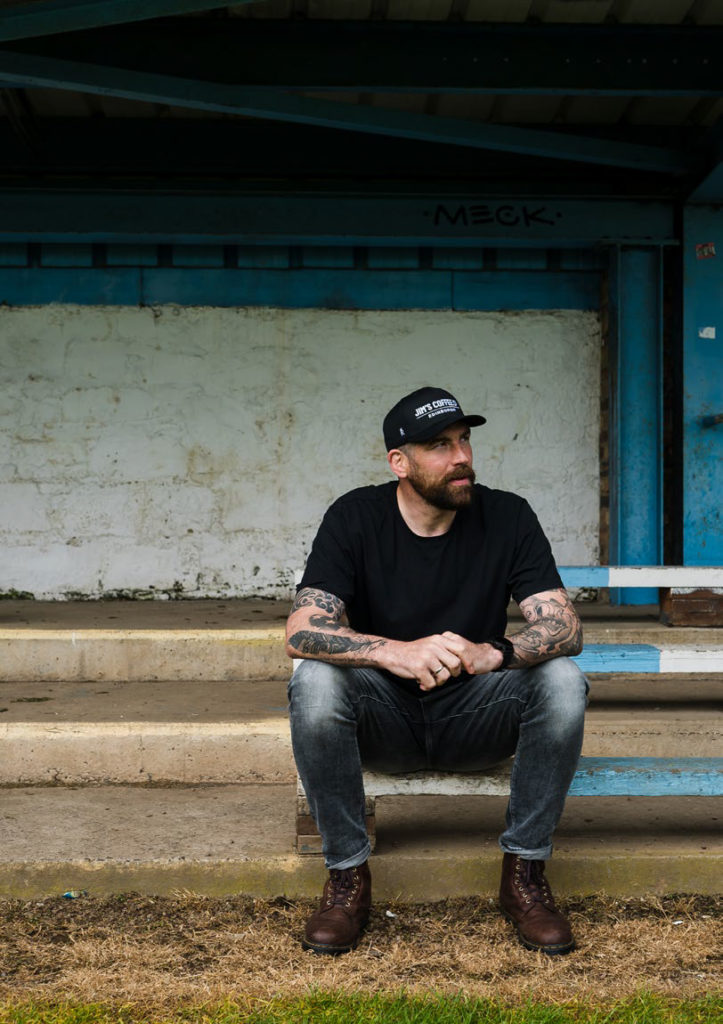
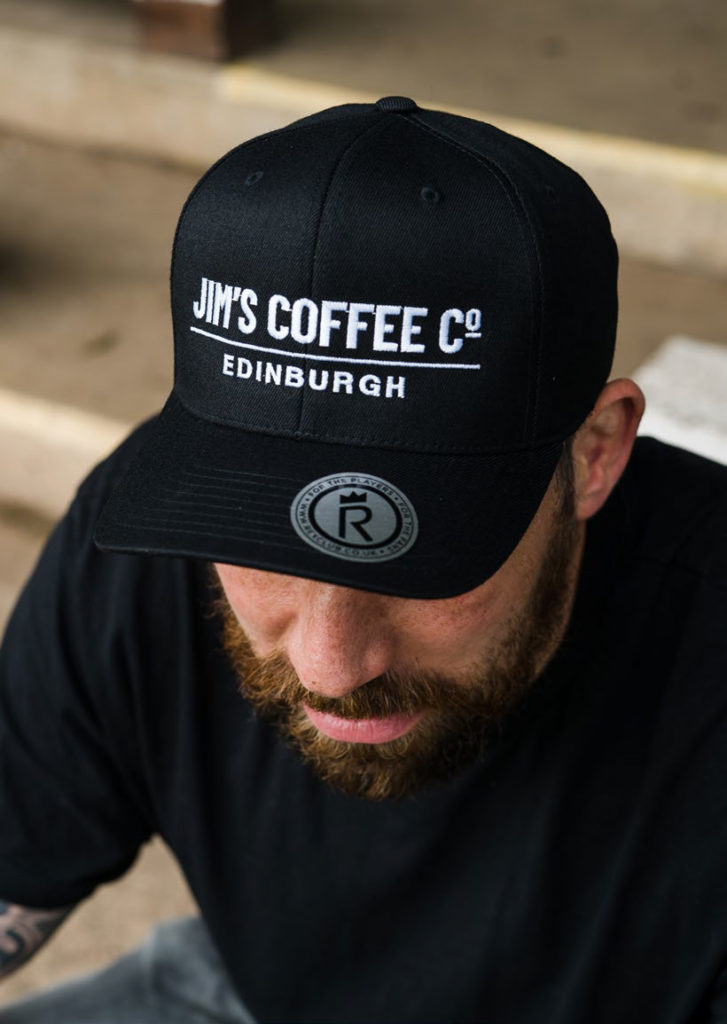
When did you start thinking about life after rugby?
This is the cloud that follows every sportsman. It’s hard because the minute you start thinking about retirement, you start to lose focus. But you have to. I toyed with the idea of coaching, and I loved it but didn’t have the commitment to give it justice. Then Saracens encouraged me to do some interviews with the boys, and I was playing with some high-profile players so I had a good base there. The show we made was called ‘Don’t Mess With Jim’. People liked it, and I fell more into media work. To be successful, I think you need an element of desperation. For me, it was a drive to find something new to look forward to. When I got started, I wanted to be unfiltered. We started the podcast because it was fun and we never expected anything, and five years later we have a deal with Spotify. I’ve worked with BT Sport and some other great places, and it all comes from being authentic.
What did you learn from playing ruby that you still use in your everyday life?
No one’s going to do anything for you. You’re accountable for what happens, and you can’t rely on other people to do your job. Rugby is a team sport, but you still need to work as hard as you can individually to make that work. If you work hard and give it everything you’ve got, then success will come. Also, when you face a setback, it’s about how you recover. Similar to an injury in sport and worrying about contracts, having a mental ground that enables you to work towards the next positive stage is so important.
What was the biggest change you faced when you retired?
Being on my own. Especially motivating myself alone and finding my identity and purpose. It’s a common answer among ex-rugby players: you get used to having the lads around you all the time and having great craic with your friends constantly. You sort of get institutionalised too, your food is always there for you, things like that. I love people, and I do get to enjoy that in my jobs now. The biggest void is just missing that team environment.
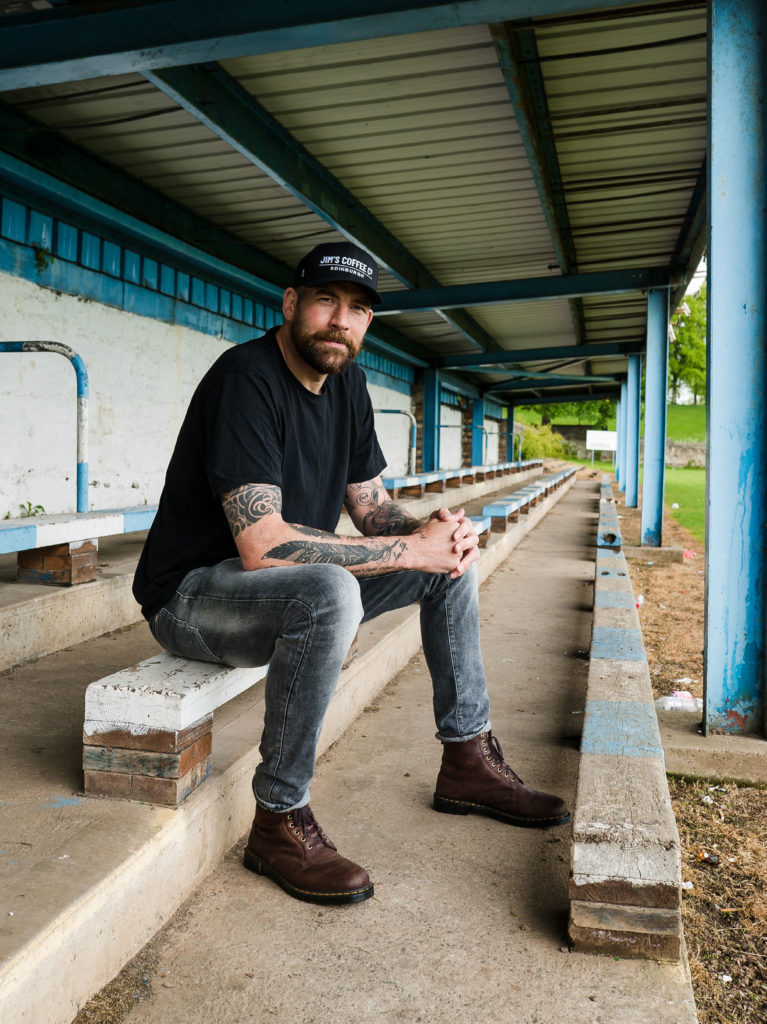
How did The Rugby Pod idea come about?
It was the last year of Saracens, and the opportunity came through my agent. I loved podcasts and they wanted me to host one, and my one condition was that it was to be candid, funny and a bit rude. It’s almost an alter-ego for me. We did it because we wanted to, not for the money, and the organic growth into things like live shows has just been mental. We’ll get thousands coming to see us and it’s raised my profile massively – it’s really weird! It’s five years old now, and we were the first rugby podcast out there. We’ve now been able to get sponsors, and we were the first UK podcast that Spotify licensed.
Do live shows rattle you at all, or do they come naturally?
I do get nervous. It means a lot to me that people pay to come, so I want to deliver. I’d be thinking of different sketches and delivery like I was a comedian! It gives me an identity that I would have missed after rugby, otherwise you go from being “Jim the Rugby Player” to missing that part of you completely.
What has changed over the last five years doing the podcast?
We had to keep evolving. We can no longer get by on shock factor. It’s an element of growth and I find that the stronger your profile gets, the more people follow you because they actually don’t like you. I understand that, but I struggled with it as a player. There’s always someone who doesn’t like you, and that’s just part of the job I’m in now.
What are your future ambitions?
I do a job with Rugby Pass where I make documentaries and get to travel all over the world. I love doing that, and I actually nearly had a deal with Netflix to do a lifestyle documentary. My dream scenario would be to continue documentaries and podcasts. I’m a storyteller by nature I think, and that’s my purpose.

